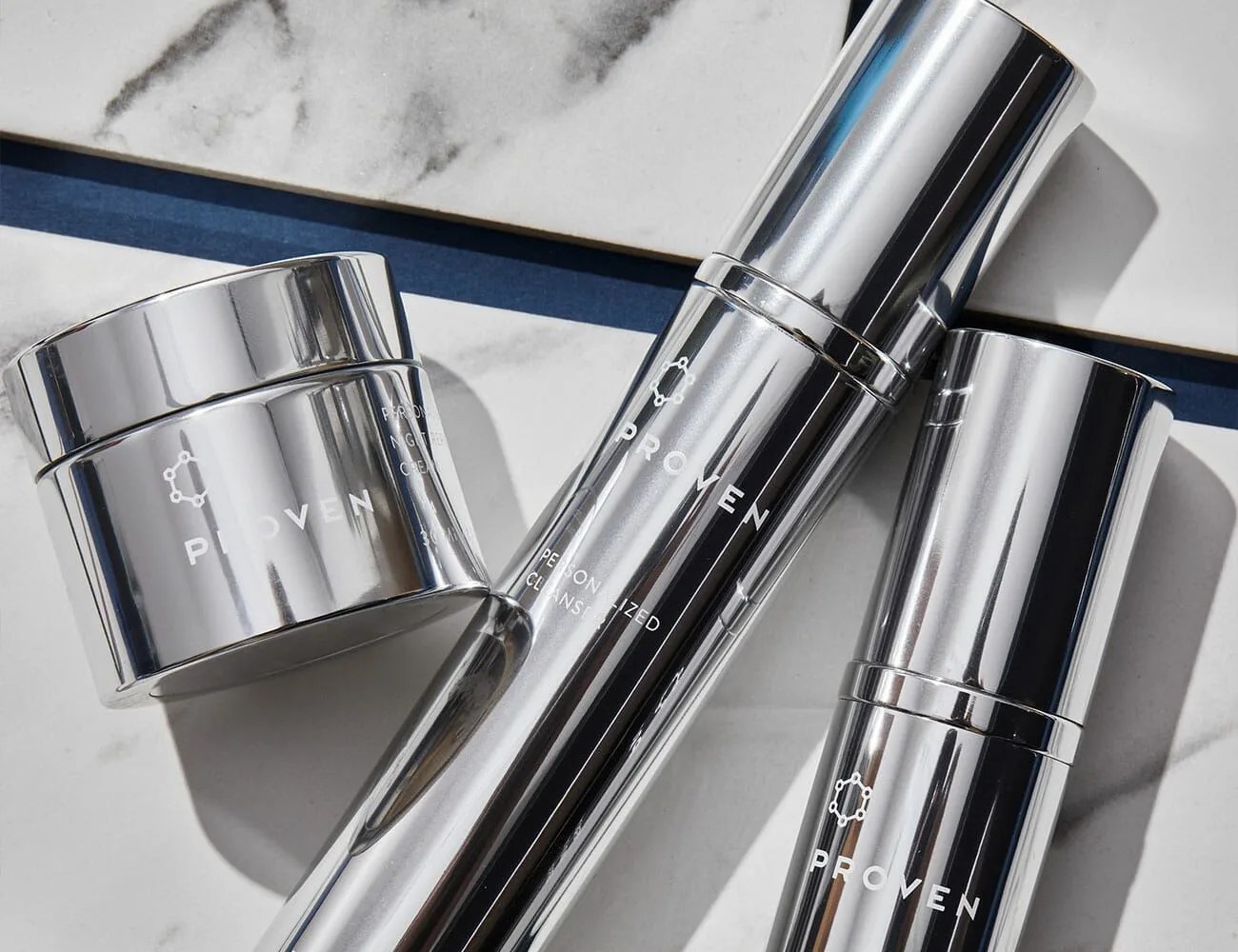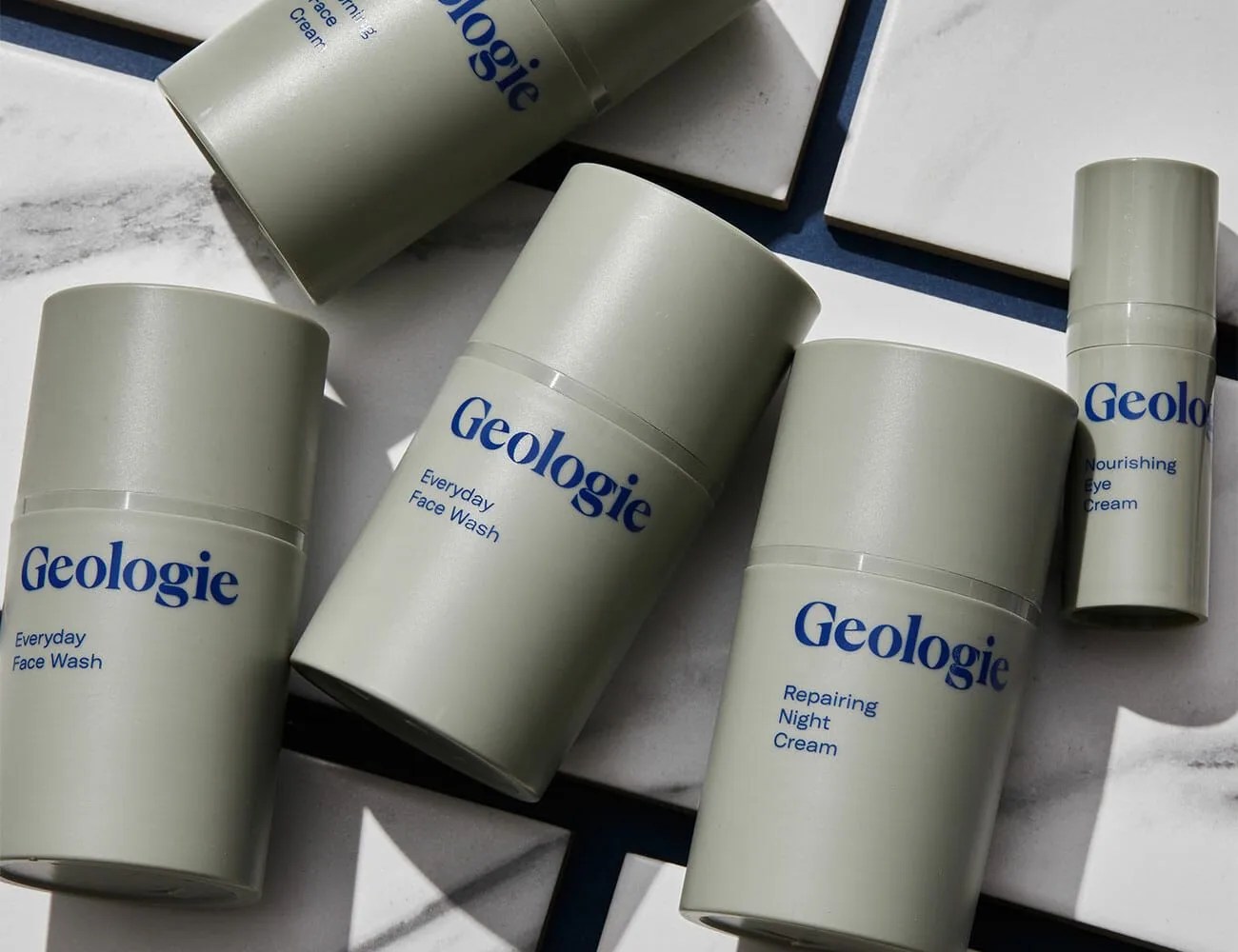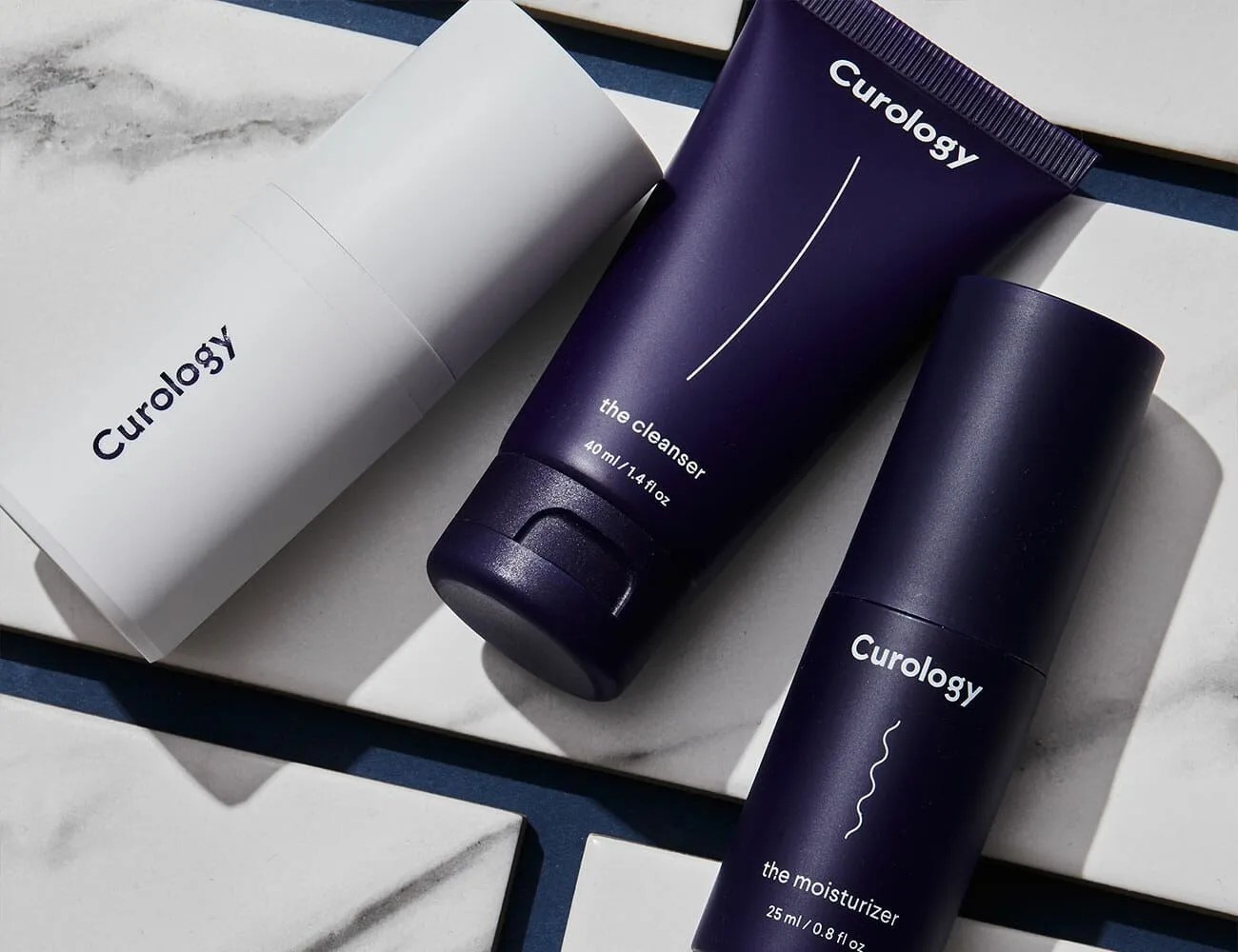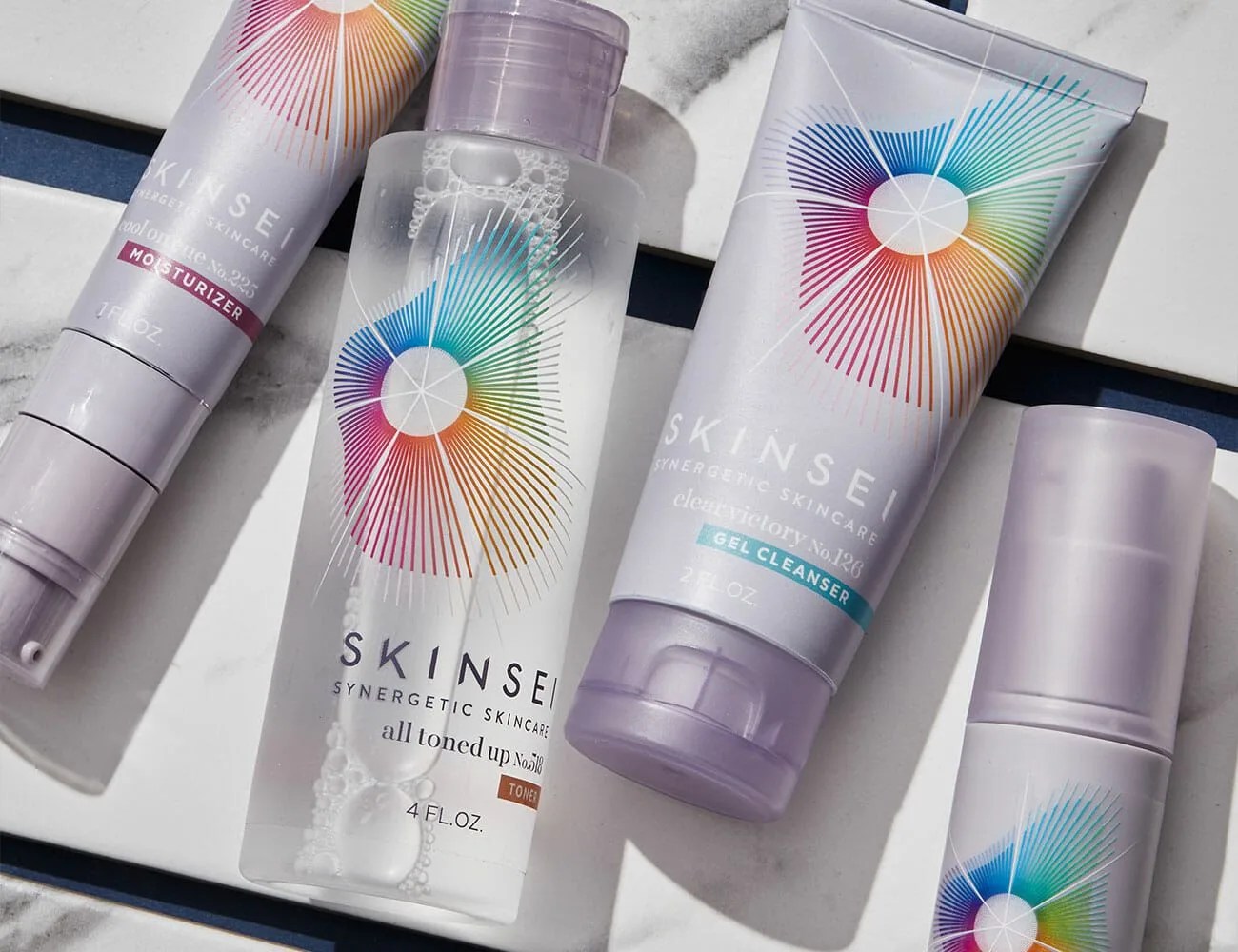There are at least a dozen apps on my phone that are meant to help customize my life. I have a few personalized diet apps, a training program that tracks my progress at the gym, a medical app that lets me speak directly to my doctor, shopping apps that pre-filter clothes based on my sizes and color preferences. There’s even a TV app where I’ve set alerts for my favorite shows. This doesn’t count social media apps that use their algorithms to “guess” what news and updates I want to see — and cut out what I don’t care about.
We’re living in the age of personalization: a one-size-fits-all mentality no longer exists. Consumers expect products and experiences tailored specifically to them, no matter what it is or when they want it. So is it any surprise that the verve for customization has finally reached our faces? Skincare is a unique field that blends the aesthetic and the medical, allowing users to see real results in real time. And as consumers demand products that work better, faster and easier than ever before, they’re turning to customized products in the hope that they’ll make their skin better with minimal effort.
“People don’t want a hundred mediocre things,” said one founder of a custom skincare line. “They want a few of the best things.”
Haters will say it’s marketing, but when it comes to skincare, there can be some real muscle behind it. “As we better understand our genetics and the differences between each other, the idea of customized healthcare is becoming a reality,” says Dr. Joshua Zeichner, a research director in the dermatology department of New York’s Mount Sinai Hospital. “Customized skin care can be beneficial to patients. What you need is often different from what your best friend needs.” And with the recent explosion in personalized options, it can be easier to get than you think.
Ming Zhao’s own experience with personalized skincare inspired her to create Proven, a new direct-to-consumer customized skincare company. After trying hundreds of products that over-promised and under-delivered, the only thing she found that really improved her skin were expensive bespoke products specially mixed by a “skin guru.” They cost her thousands of dollars — but they worked. When she met Amy Yuan, a data scientist who had created an AI-based database to aggregate and analyze information about atopic dermatitis, a chronic skin condition Yuan happened to suffer from, Proven was born.

Proven Skincare distills analysis from over 4,000 clinical studies to create a custom skincare regimen for its users.



